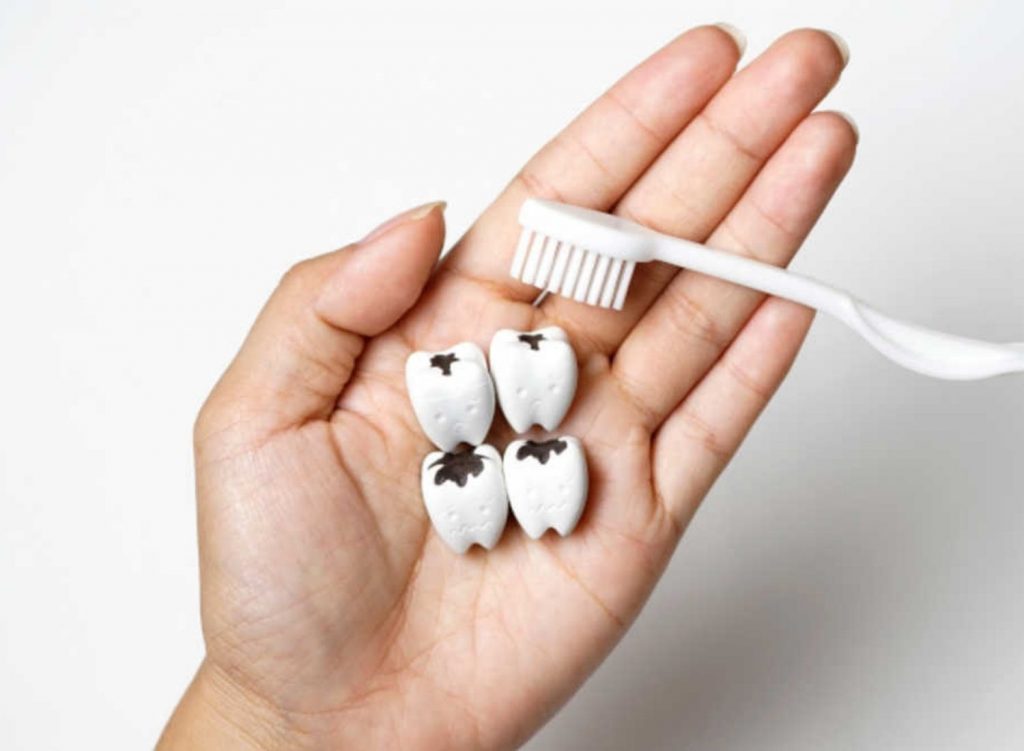Dental caries or tooth decay happens when the tooth enamel breaks. Therefore, identifying dental caries symptoms and risk factors will help you tackle the issue. Let’s focus on the treatment and prevention of dental caries.
Detection Of Caries Lesion
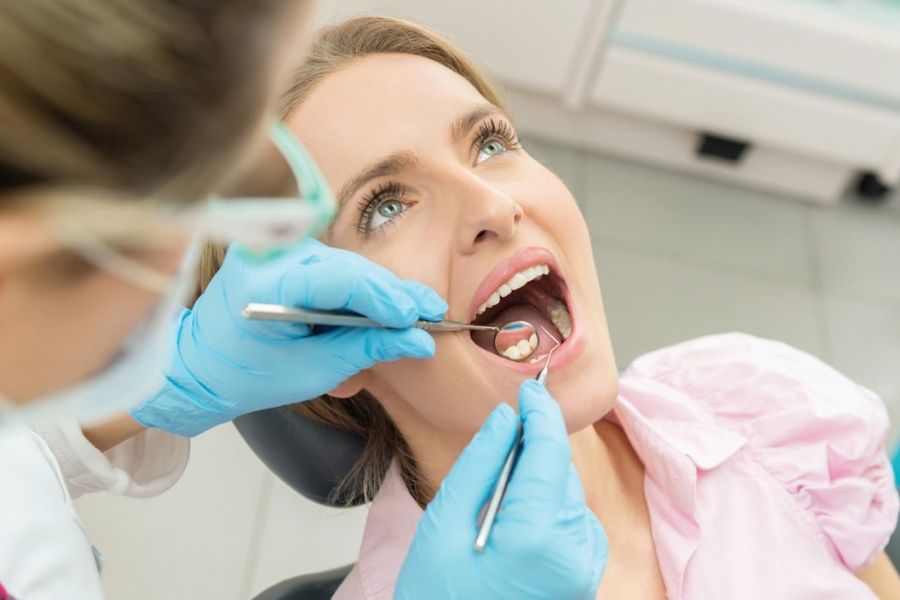
Lesion detection is the main thing. For diagnosing dental caries, it is needed to find the lesion but, most importantly, decide if it is active, progressing rapidly or slowly, or already arrested. Traditional caries detection includes a radiographic and visual examination of teeth.
The American Dental Association Caries System suggested useful terminology for U.S. clinicians to stage caries lesions by activity, severity, and location. Activity assessment determines which lesions need treatment (surgical or nonsurgical). The area is the main factor because of the unique challenges linked with identifying lesions between teeth and the teeth’ biting surfaces.
How Does Your Dentist Diagnose Tooth Decay?
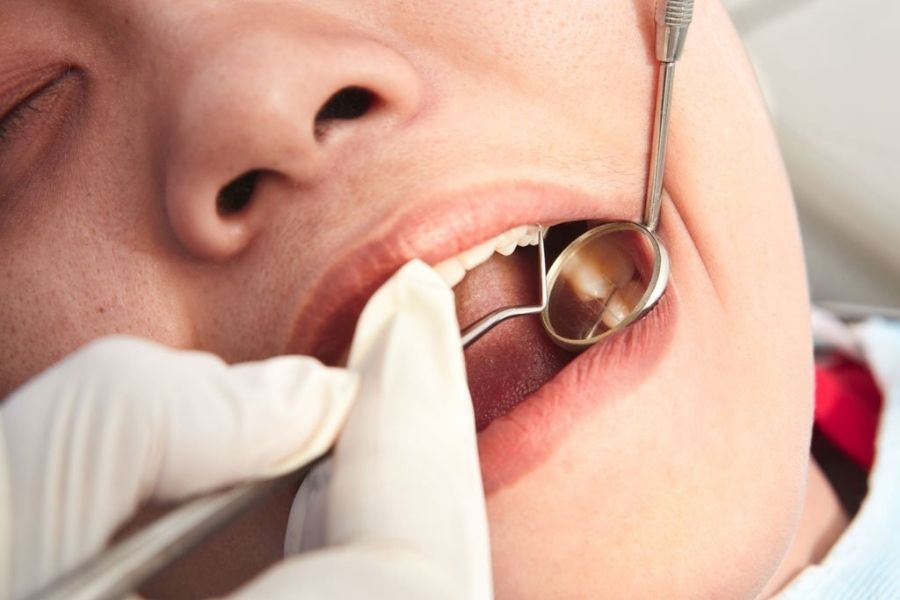
The dentist can usually detect tooth decay by:
- Asking about tooth pain, sensitivity and then examining your mouth part entirely and the teeth
- Pricking your teeth with dental instruments to check for soft areas
- Looking at your dental X-rays
- The dentist will also guide and tell you which of the three types of cavities you have — smooth surface, fissure, root, or pit?
Pre-appointment With The Doctor
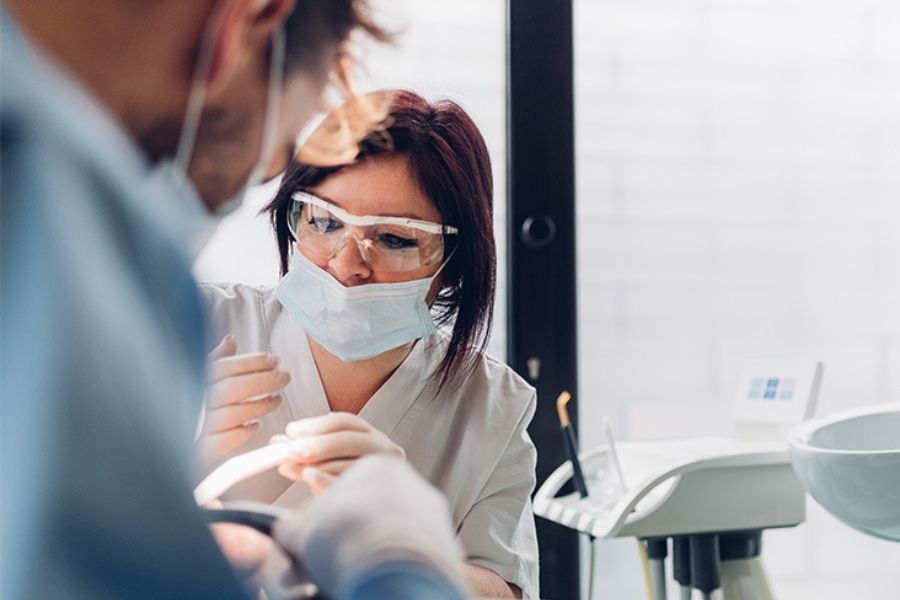
Before your appointment, build an inventory of all medications, vitamins, seasoned remedies, or different supplements you take—any allergies to medications or dangerous reactions you have had to native anesthetics—questions you want to ask the dentist.
- How often do you brush your teeth?
- How often do you floss your teeth?
- Do you employ dentifrice that has halide?
- Do food temperature or sweet foods cause you pain?
- Does biting down make your pain worse?
- Do you consume a lot of sweets or drink sweet beverages?
- What medications do you take?
While you are awaiting your appointment, you can take specific measures to regulate your toothache.
- Try to travel with an over-the-counter pain reliever according to the doctor’s recommendation.
- Use warm or hot water to brush your teeth.
- Use dentifrice designed for sensitive teeth.
- Thoroughly clean all components of your mouth and teeth — do not avoid those painful areas.
- Avoid foods or beverages that area unit hot, cold, or sweet because it will be in pain.
Treatment For Dental Caries
Treatment of cavities is dependent on the severity and your particular situation.
1. Oral Hygiene

Patients, particularly those at high risk of tooth decay, should be taught to cut back the sugar consumption. Patients should limit sugary snacks and eat a healthy diet that limits additional sugars and high-acid foods, which will affect enamel. All patients should be educated in optimum oral hygiene practices and brushing with halide dentifrice double daily.
2. Dental Fillings
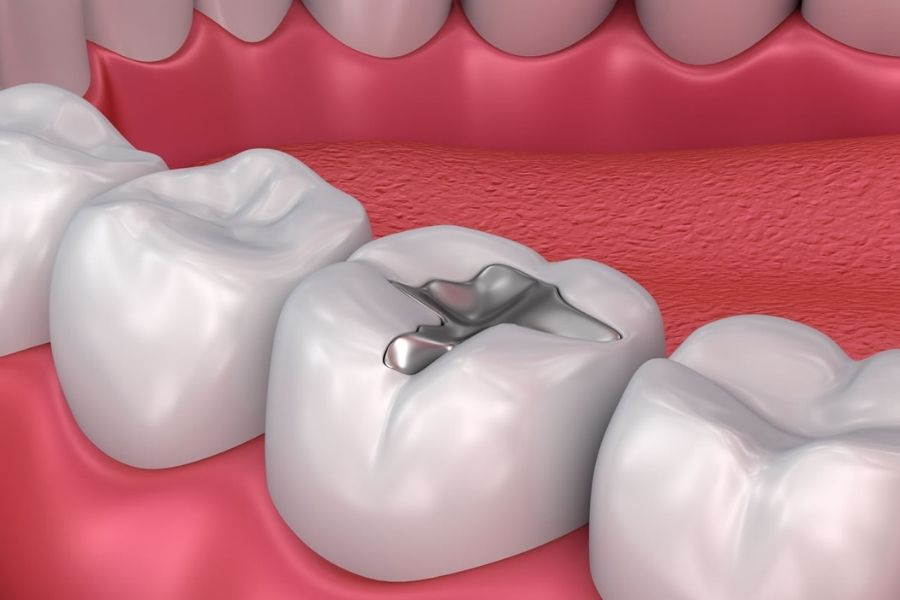
The dentist will numb your gums, teeth, and surrounding skin to lessen discomfort Before filling cavities. Then they will drill out the decay in the tooth and replace it with a filling. This process only takes a few minutes. Once you are done, your mouth will probably remain numb for a few more hours. Tooth fillings can be used to repair damage to teeth caused by teeth grinding (bruxism) or replace part of a broken tooth.
3. Fluoride Treatments

They are mainly liquid, gel, foam, or varnish that is brushed onto your teeth or placed in an exceedingly little receptacle that matches over your teeth. If your cavity started, a fluoride treatment could restore your tooth’s enamel and typically reverse a cavity within the early stages.
4. Dental Crowns
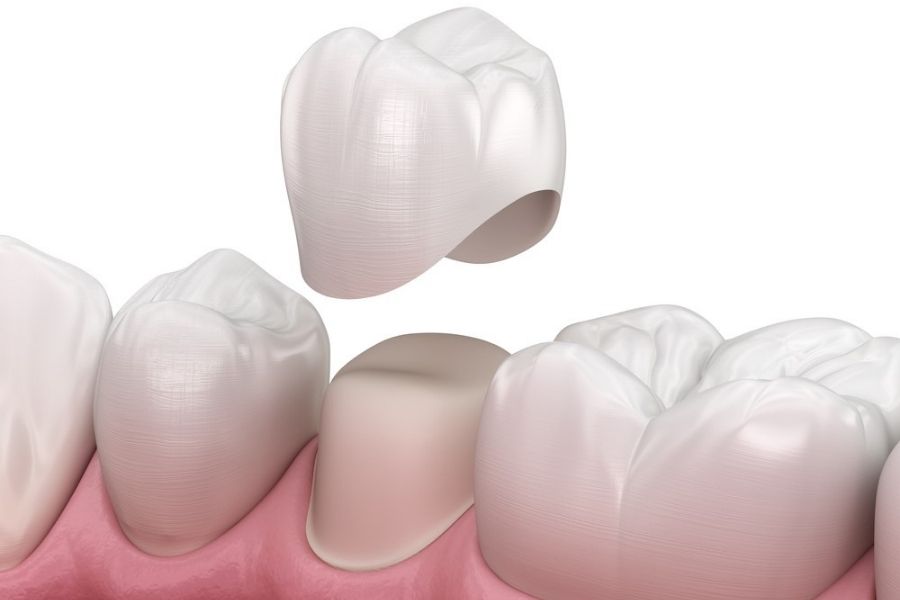
Crowns square is a choice for dental professionals for treating caries, and it is used once an oversized proportion of the tooth is destroyed. You may like a crown for in-depth decay of teeth, a custom-fitted covering that replaces your tooth’s entire natural crown. The dentist drills away all the decayed parts and enough of the remainder of your tooth to make a decent match.
5. Root Canals
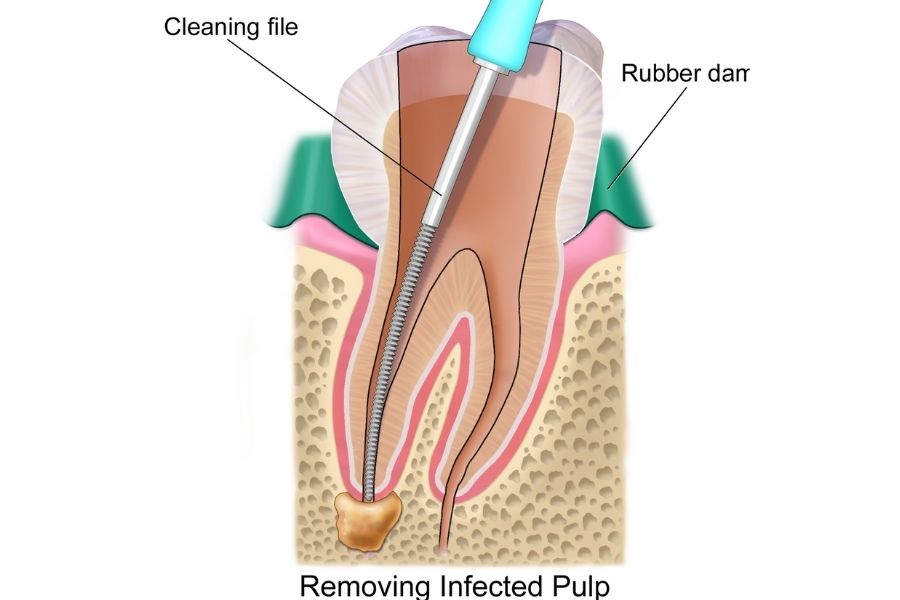
Once decay reaches the inner material of your tooth, the root canal is the appropriate choice. It is a treatment to repair a badly broken or infected tooth rather than removing it. The pathologic half tooth is removed. Medication is placed on the canal to clear any infection. Then the pulp is replaced with a filling.
6. Tooth Extractions

Few teeth become severely decayed that they cannot be fixed; therefore, they should be removed. Forcing out a tooth will leave a spot that permits your alternative teeth to shift. The removal of some teeth could affect the alignment of others left within the mouth. Thus, a dental plate or implant be inserted in those areas.
Prevention Of Dental Caries
The earlier you will spot the signs of poor oral hygiene, like a build from plaque, the higher your possibilities at preventing cavity.
1. Brushing And Flossing
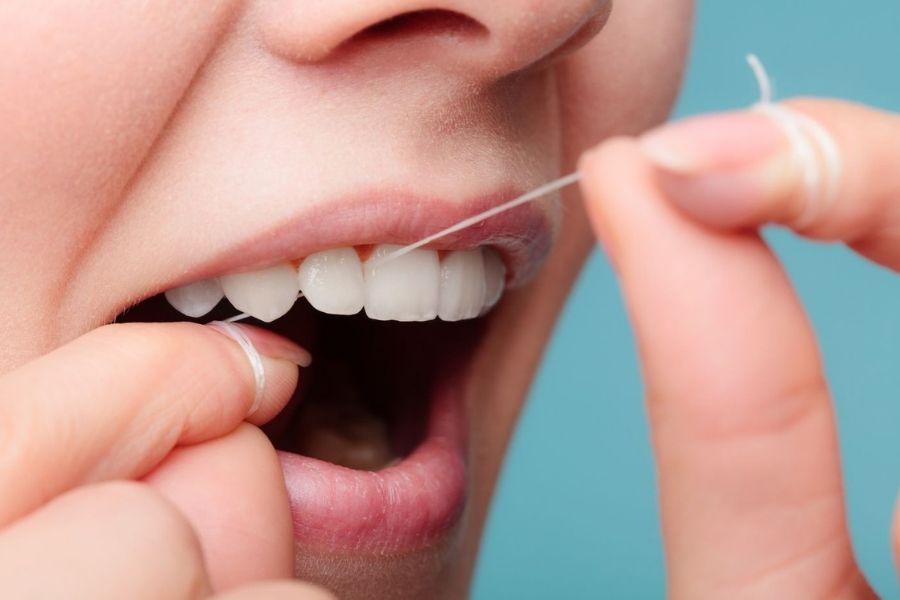
Doctors recommend brushing your teeth daily for a minimum of 2 minutes, rinse them with halide paste, or as suggested by medical men or dentists. Flossing frequently once done with brushing is extremely vital, significantly if you consume sweet foods.
Foods high in sugar offer damaging acid to the tooth tissues. Flossing every day will help you take away food particles from different areas of your teeth. Good oral and dental hygiene will help you to avoid cavities. Try to induce skilled teeth cleanings and regular oral examinations.
2. Rinse Your Mouth
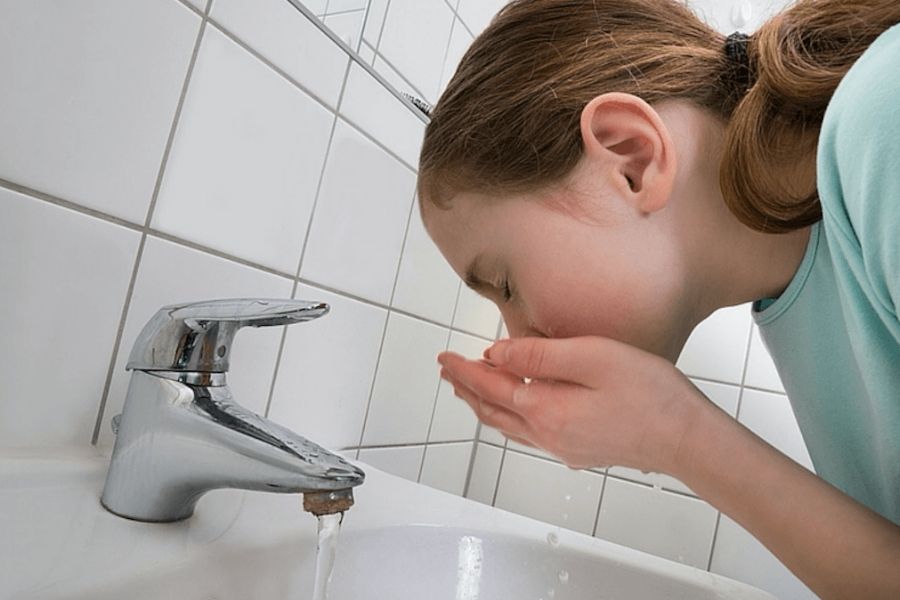
If the dentist feels that you have got a high risk of developing cavities, he or she could suggest that you use a mouth rinse with a halide. Rinsing removes any debris stuck in your teeth that can result in further tooth decay.
3. Dental Sealants
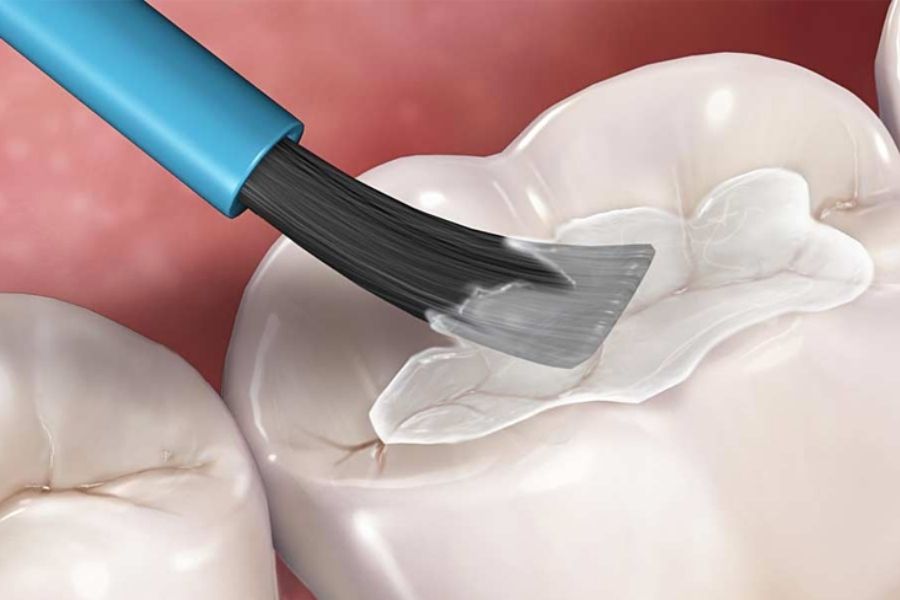
Dental sealant involves applying protecting coating to the surface of back teeth. It seals off grooves that tend to gather food, protective solid body substance from plaque attack. This saves your teeth from dental caries.
4. Drink Tap Water
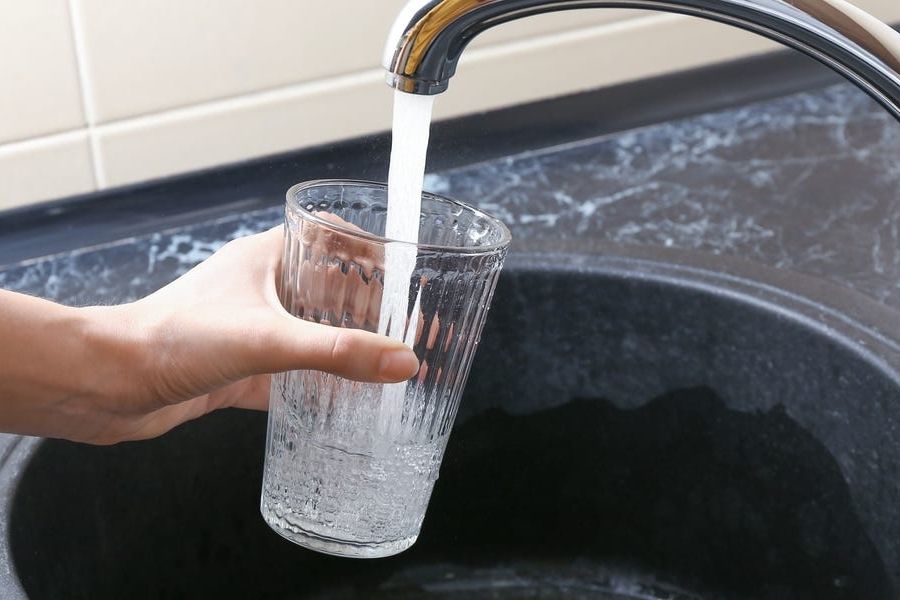
Most public water provides supplementary halide, which may help cut back dental caries considerably. If you solely drink water that does not contain halide, you may miss out on halide edges.
5. Avoid Frequent Snacking/Sipping

Whenever you eat or drink beverages aside from water, you facilitate your mouth microorganism to produce acids that will destroy solid body substance. If you snack/drink throughout the day, your teeth area unit beneath constant attack.
6. Ask Concerning Medicinal Drug Treatments
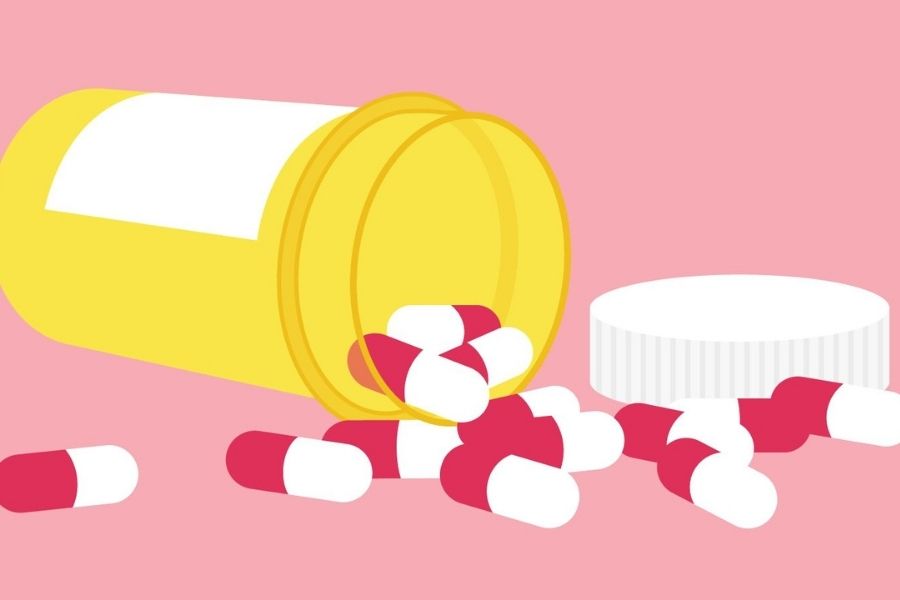
If you’re vulnerable to dental caries — for instance, due to a medical condition — your doctor may suggest special medicinal drug mouth rinsers to assist block on the harmful microorganism.
Note
You may not remember that a cavity is forming. That is why it is important to own regular dental checkups and cleanings, even once your mouth feels fine. However, if you expertise an ache or mouth pain, see your medical man or dentist as shortly as doable.
Read Also: 5 Effective Dental Hygiene Tips To Follow

